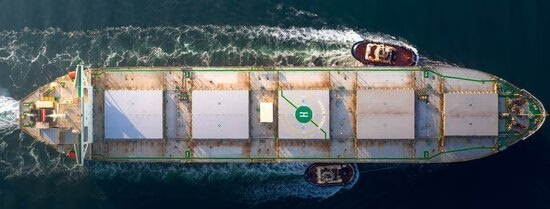This course is limited to RSM masters students. RSM students not from MSc Supply Chain can apply as free elective. Limited seats are available, on first-come-first-serve basis.
RSM Masters Elective
The RSM elective course Introduction to Commodity Trade & Supply Networks, which is a part of the RSM MSc Supply Chain Management, serves as an introduction to the world of physical commodity trading. The course covers topics from the mechanics of commodities trade such as trading, risk management, finance, shipping, and the dynamics that shape the future of the industry.
Check out the syllabus, and Erasmus Commodity & Trade Center LinkedIn posts to learn more.
- How global supply chains actually work
- Trading and risk management
- Finance, logistics, and strategic decision-making
- Energy & power, metals, or agricultural markets
- Engagement with industry professionals
- A dynamic, information-intensive industry
Commodity trading involves transforming commodities across:
- Time – through storage
- Space – through geographical transportation
- Form – through processing or blending
Trading firms take on and offset various risks for their clients (large manufacturing firms), including price volatility, geopolitics, weather, foreign currency exchange, and operational delays. This requires highly dynamic capabilities in logistics, finance, and technology.
- Understand worldwide supply and demand patterns of the most important commodity product groups (energy, metals/minerals, agricultural)
- Comprehend the way commodity markets (physical and derivative) function and the role that commodity trading firms play in the worldwide physical delivery of commodities, including contracting, financing and shipping
- Comprehend the various forms of risks involved in commodity trading and how these can be mitigated
- Analyse specific commodity markets and synthesise these analyses into trading strategies and strategic decision-making
- Present analytical results to a professional audience
Interactive sessions combining lectures and workshops.
Course attendance is mandatory. One can only miss one session with a valid reason.

Reinette Sluijk
Programme manager
- Email address
- sluijk@ese.eur.nl
- Phone
- +31 (0)10 408 2679
